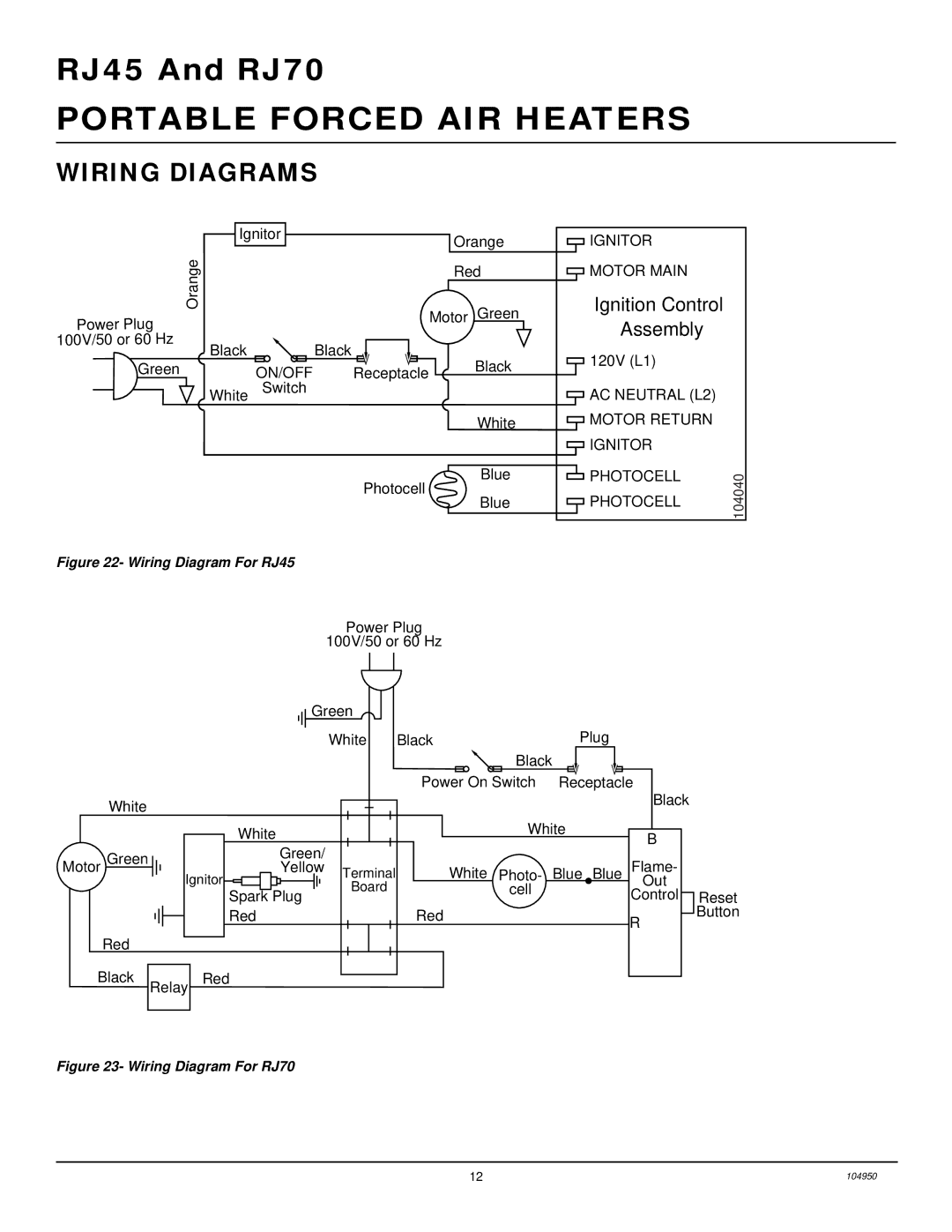RJ70, RJ45 specifications
Desa RJ45 and RJ70 are two prominent connector types commonly used in networking and telecommunications. They serve as vital components in facilitating communication and data transfer over various networks, playing crucial roles in both home and commercial environments.The RJ45 connector is perhaps the most recognized of the two, primarily used in Ethernet networks. Its standard design accommodates eight pins, enabling the connection of twisted-pair cables, most notably Category 5e, Category 6, and higher. This widespread acceptance can be attributed to its ability to support high-speed data transfer rates, with contemporary setups allowing speeds up to 10 Gbps over short distances. Key features of the RJ45 connector include its simple plug-and-play functionality, which streamlines installation and enhances user experience.
In comparison, the RJ70 connector is less common but is engineered for specific applications within telecommunications. This connector is designed with four pins, mainly used with telephone systems and low-speed data transmission. The RJ70 is particularly notable for its application in modular voice communication, where it is employed to connect telephones and to facilitate basic data connections.
Both RJ45 and RJ70 utilize differential signaling to enhance performance and reduce interference, which is vital in densely populated electronic environments. Furthermore, the connectors’ compact size aids in efficient space management, an important characteristic in data centers and telecom applications.
The physical structure of these connectors includes a locking mechanism to secure connections firmly, ensuring stability during operation. Additionally, RJ45 connectors typically come in shielded (STP) and unshielded (UTP) variations, offering options for users based on their environmental needs to mitigate electromagnetic interference.
In summary, Desa RJ45 and RJ70 connectors are integral to modern networking technologies. RJ45 connectors dominate Ethernet installations with their high-speed capabilities and versatility, while RJ70 connectors fulfill niche roles in voice communication systems. Understanding the features and technologies behind these connectors is essential for professionals in telecommunications and networking, ensuring optimal setup and performance in diverse applications. The ongoing evolution in networking demands keeps these connector types relevant, adapting to the increasing bandwidth requirements and technological advancements in data communication.

